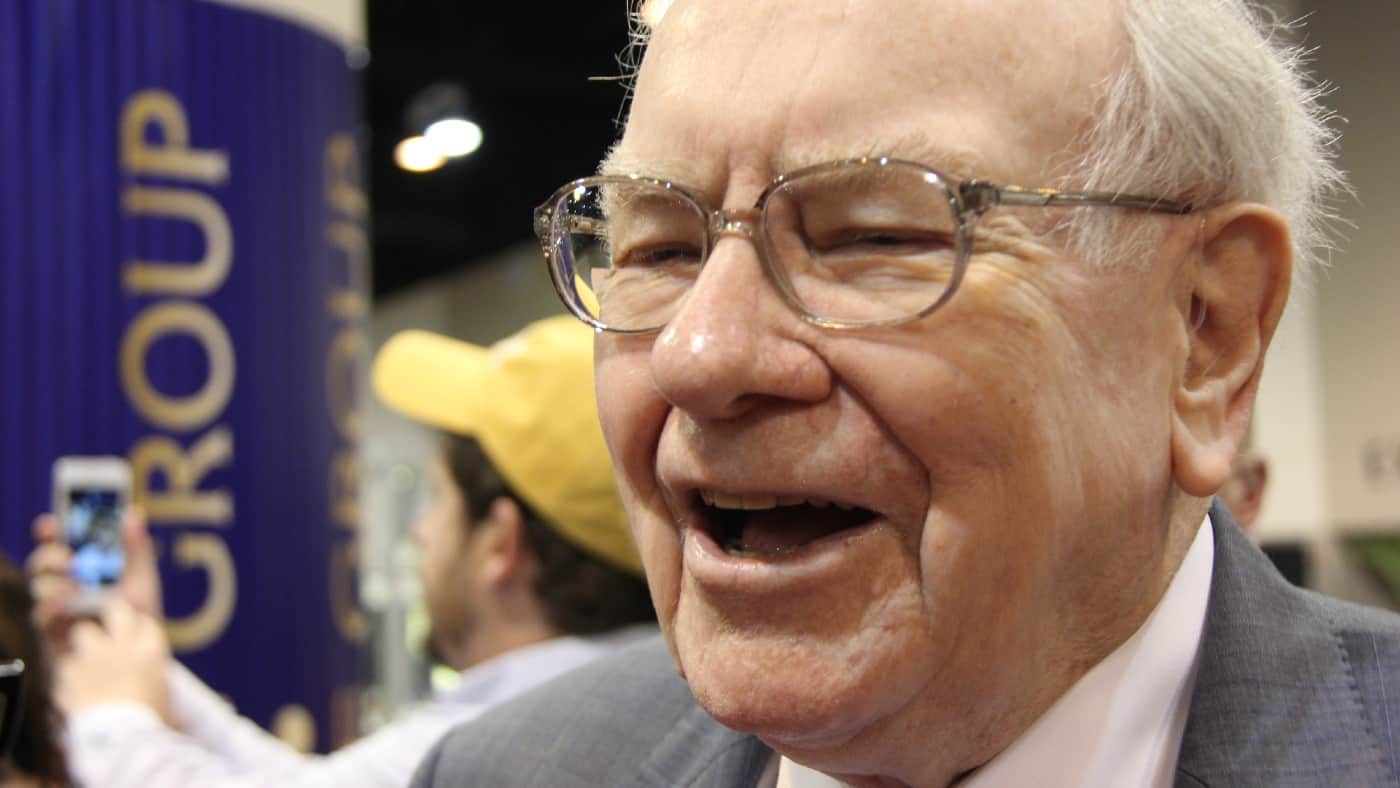Image source: Getty Images
FTSE 100 stocks are well represented within my portfolio. And in recent months, I’ve been picking up more as share prices in certain sectors saw further downward pressure.
But today I’m looking at parts of the index that investors might not regularly consider. It’s certainly the case that I haven’t been paying them enough attention.
So, are they right for my portfolio? Let’s take a closer look.
Ocado
I’m looking at Ocado (LSE:OCDO) shares today because the stock is trading near its five-year low. In all honesty, I haven’t given it too much thought in recent years. The company has been struggling to turn its business model into a profitable one, and as a result, the stock has plummeted from its pandemic-induced peak.
For the full year, Ocado said it expects close to break-even EBITDA, in line with guidance. That’s hardly exciting, but there are some promising aspects here. For one, the firm would be breaking even in a very tough environment, characterised by double-digit inflation and a cost-of-living crisis.
Ocado has been successful is drawing in new customers. The problem is that basket sizes have been shrinking. It worth remembering that delivery costs are roughly the same regardless of whether customers are ordering a punnet of strawberries or a big weekly shop.
But I’m encouraged by the progress the firm is making, especially as Ocado’s premium price points aren’t currently exactly aligned to the pressures on household budgets in the UK.
I’m not buying now, but I’m keeping a close eye on this one.
Bunzl
Bunzl (LSE:BNZL) is a British multinational distribution and outsourcing company headquartered in London. The company has demonstrated impressive growth in recent years — the share price is up 7% over one year and 50% over three years — partially due to its highly-successful acquisition-based growth strategy.
The firm provides essential products to businesses — from hard hats and cleaning goods to disposable cutlery and coffee cups — and sells innovative solutions to a wide base of customers. Bunzl’s management claims its success can be attributed to its reliability. It’s now worth over £10bn.
Today the support services business trades with a price-to-earnings ratio of 18.4. That’s above the index average but below Bunzl’s longer-term average — somewhere above 20.
The business looks strong despite the macroeconomic environment, but I do have some concerns about its capacity to continue growing through 2023. The UK economy is likely to contract according to the IMF, and that may not be positive for demand.
While entirely unscientific, I’d also note that the Bunzl share price has fluctuated considerably over the past two years — while the general trend is upwards. It might pay me to catch it in a trough.
Bunzl is definitely an interesting proposition and one I’ll be keeping an eye on, but I’m not buying yet.
Credit: Source link













